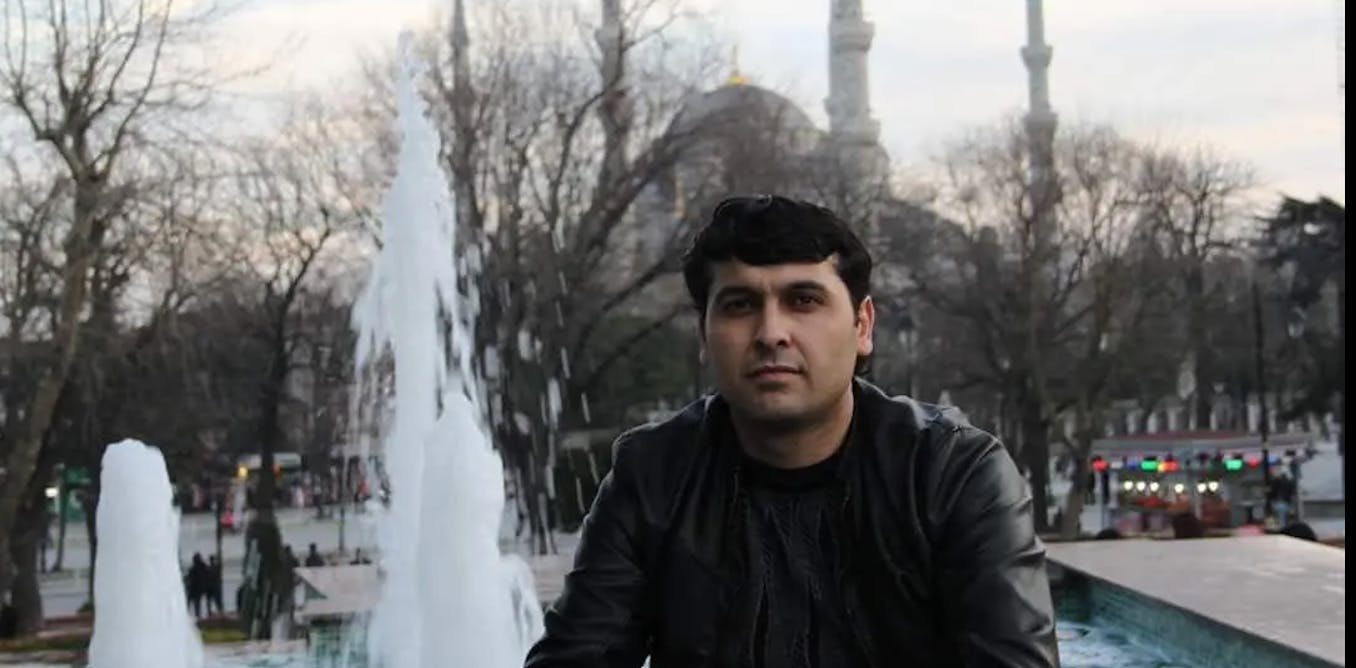by STEVE SWERDLOW

‘He just vanished’ ? missing activists highlight Tajikistan’s disturbing use of enforced disappearances
“He just vanished; left his apartment for a meeting and disappeared. We’ve checked all the police stations, jails, the hospital and migration centers. We don’t know what to do.”
These were the words Tajik opposition leader Suhrob Zafar uttered to me in late February 2023, days after Nasimjon Sharipov, his colleague in the political movement Group 24, went missing.
The two of them had lived for almost 10 years in Turkey, having fled Tajikistan in 2014 because of the government’s repression of opposition groups, including the banning of Group 24. Zafar told me that both men had recently received anonymous threats on their phones, warning that they would be kidnapped and sent back to Tajikistan, where the government routinely uses torture and lengthy jail sentences to suppress opposition.
Zafar and I stayed in touch until March 10, 2024, after which he stopped responding. I later learned that on that day Zafar too went missing. An unconfirmed report in independent Tajik media on March 20 suggested that both men had been seen in handcuffs exiting a plane at an airport in Tajikistan’s capital on March 15 – but to date, there has been no official word on the two activists’ whereabouts.
Alarm over the fate of both men is understandable. It tallies with research I recently conducted for the Washington, D.C.-based human rights group Crude Accountability documenting how Tajikistan has systematically engaged in the practice of enforced disappearances – deemed as one of the most pernicious crimes under international law.
Drawing on primary interviews and profiling 31 cases of incommunicado detention or enforced disappearances over a 20-year period, I traced how enforced disappearances have become a mainstay in Tajikistan’s playbook for suppressing dissent in this nation of over 10 million people.
A particular terror
Enforced disappearances occur when a government detains, captures, imprisons or kills while refusing to acknowledge a person’s whereabouts or their grave. In 2010, the U.N. General Assembly adopted The International Convention for the Protection of All Persons from Enforced Disappearance, which expressly states: “No one shall be subjected to enforced disappearance.” But Tajikistan has never been a signatory.
The practice unleashes a particular terror on both victims and their families: removing someone entirely from the access of their loved ones, while inflicting anguish and uncertainty that may continue for years, even decades.
“Disappearances” entered the popular lexicon after becoming the hallmark of brutal juntas that violently took power in Latin America 50 years ago, such as in Argentina and notably Chile, where at least 1,248 people were disappeared on the orders of Gen. Augusto Pinochet.
Half a century later, my research indicates that this pernicious practice is being committed with disturbing regularity by Tajikistan under the repressive rule of authoritarian President Emomali Rahmon.
Under Rahmon’s rule since 1992, Tajikistan has consistently been ranked among the “worst of the worst” when it comes to its political rights and civil liberties records.
The use of enforced disappearances by the Tajik authorities dates back to the 1992-97 civil war that ravaged the republic following the Soviet Union’s collapse, leaving anywhere from 20,000 to 150,000 dead.
Arriving at an accurate estimate of the number of Tajiks disappeared is extremely difficult.
Attempts by scholars and the United Nations working group on enforced disappearances, which visited the country in 2019, have been thwarted by Rahmon’s resistance to allow any critical examination of his troops’ potential abuses.
The U.N. team was unable to get official figures, noting an “unprecedented” indifference in shedding light on the matter in Tajikistan.
Nonetheless, they estimated that thousands of people were unaccounted for from the civil war period.
Exporting repression
The Conversation for more
